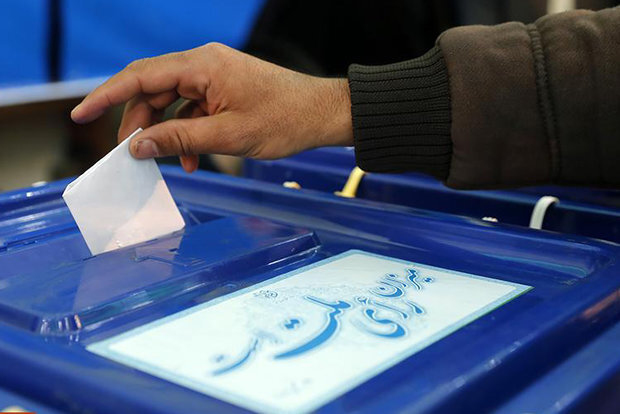Prominent candidates introduced

TEHRAN — As the registration for the June 18 presidential elections closed on Saturday, the Tehran Times has decided to provide respectful readers with brief introductions of prominent presidential candidates. This series of introduction will continue tomorrow.
Mahmoud Ahmadinejad
Known to the public as former president, Mahmoud Ahmadinejad was born in 1956. He was president from 2005 to 2013 for two consecutive four-year terms.
Ahmadinejad served in positions such as governor of Ardebil (1993 to 1997), and mayor of Tehran (2003-2005). He got the post of mayor after he was elected as a city councilor from the metropolis of Tehran in 2003. In that year, principlists won all the council seats in Tehran.
During his 2005 election campaign, he used populist techniques to attract the low-income communities.
Considered as a brand-new politician, he has his own ideology known as “Ahmadinejadism.”
He registered for the June presidential elections, saying that he is entering the race due to an insistence by the people.
Masoud Pezeshkian
Masoud Pezeshkian is a reformist, who served as former first deputy parliament speaker in the two previous parliaments.
Currently he is serving as the representative of Tabriz in the parliament. Born in 1954, he was also minister of health from 2001 to 2005.
Pezeshkian is a heart surgeon and an academic member of Tabriz University of Medical Sciences at the present time.
He is also a member of Iran-Turkey Friendship society in the parliament.
The MP has stated it is necessary to approve the FATF, comparing it to FIFA establishment. Yet, he proposed Iran to create a domestic anti-money laundering system similar to the FATF.
Pezeshkian defends free market and fair and a just tax system. He has said that he will create a well-founded tax system if elected president.
He has also proposed an interesting issue, suggesting to give provinces more authorities to run their affairs.
He has declined to comment on the Joint Comprehensive Plan of Action (the JCPOA), the official name for the 2015 nuclear deal.
The heart surgeon has also frequently criticized South Korea, saying that Iran has created a lucrative market for the Koreans, whereas they don’t give Iran’s oil money back.
Pezeshkian says the FATF is a necessity, noting that without the FATF Iran cannot do trades with regional countries and neighbors.
His slogan is “Honesty, justice, and fairness.”
Rostam Ghasemi
Born in 1964, Rostam Ghasemi served as minister of oil in the Ahmadinejad administration.
After the Iran-Iraq war, he joined the Khatam-al Anbia troops in Bushehr, the Guards' engineering and construction Company.
He was director of the Khatam-al Anbiya Construction Headquarters from 2007 to 2011.
On 26 July 2011, he was nominated as oil minister by Ahmadinejad to succeed Masoud Mir Kazemi.
He is one of the persons included on the European Union sanction list.
Prior to his registration for the upcoming presidential elections, he said he will extend his hand to all Iranians whose “hearts beat for Iran” with “different political persuasions” to help make the country economically prosperous.
He says that Iran should change what he calls “imploring diplomacy” to “diplomacy of power”.
Ghasemi also says that the United States “must return to the JCPOA without any preconditions.”
In his April 20 press conference, he also said lifting sanctions is a “first priority” and making sanctions ineffective comes next.
“Now removing sanctions is the first priority and making them ineffective is the next priority. If I want to negotiate, I will strengthen the country’s economy,” Ghasemi pointed out.
The former director of the IRGC construction unit says, “I see no ban on having relations with all countries in the world except the Zionist regime.”
On the issue of corruption, Ghasemi says it is necessary to counter corruption and creating a transparent atmosphere to develop the economy.
He says he has a plan to overcome the “difficult living conditions” but his major plan is to restructure state institutions.
SA/PA
Leave a Comment